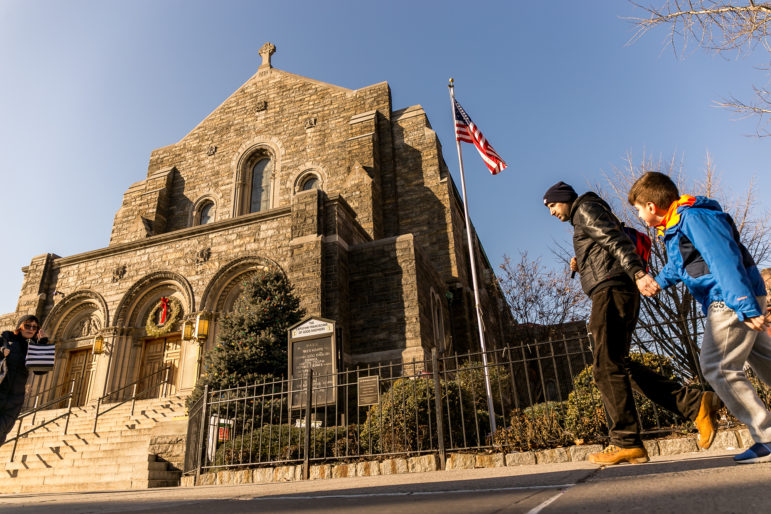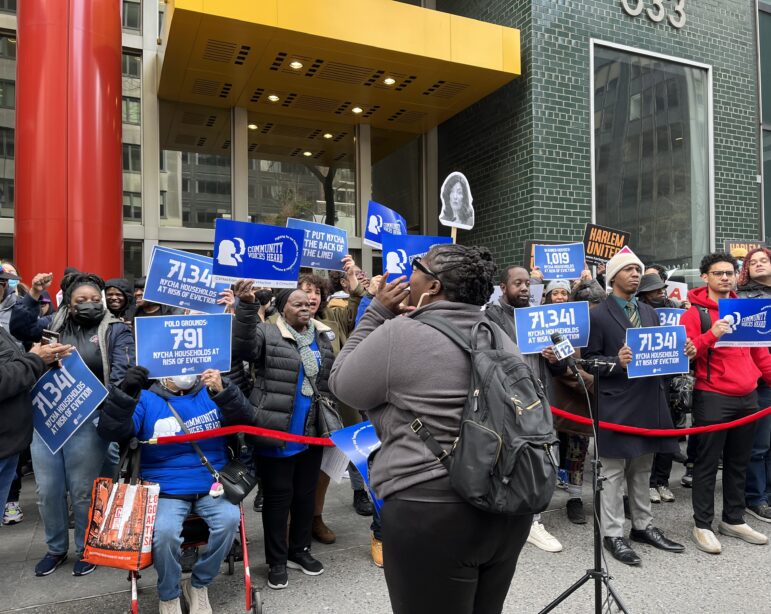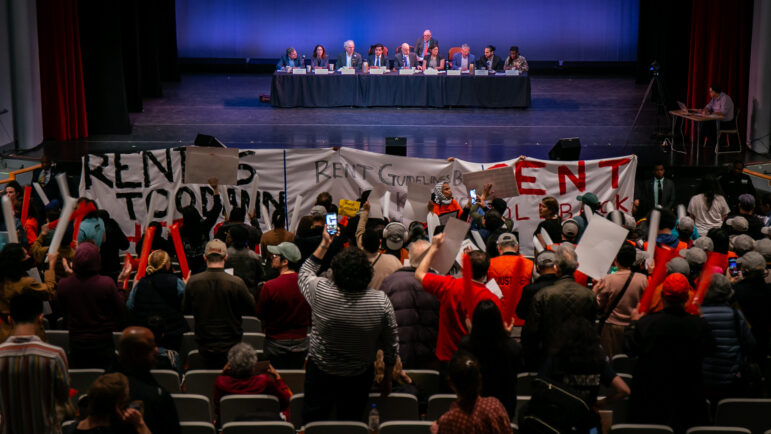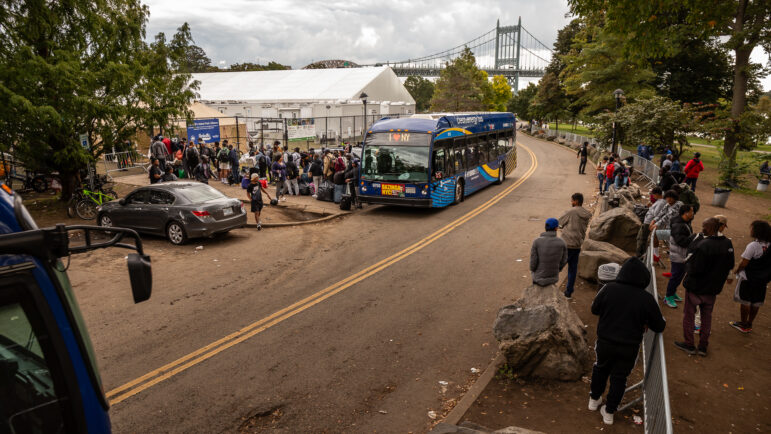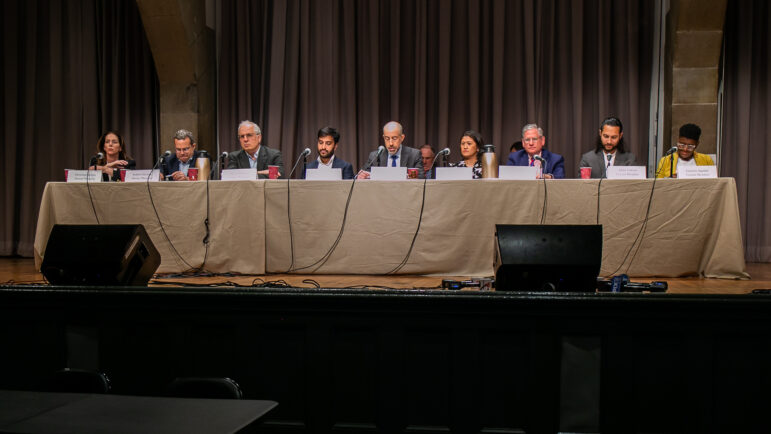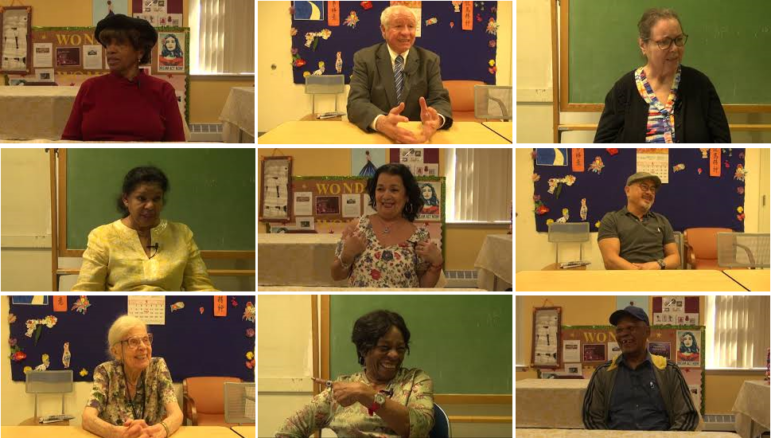
Marc Bussanich
Some of the seniors we spoke with. Top row, l to r: Rena Harrison, Stephen Warner, Gwen Sabria; 2nd row: Jayanthi Athukorala, Luz Nydia Salazar, MIke Chong; Bottom row: Adeline Mandell, Hilda Alers, Columbus Smith.
“When I thought I was going to be a senior, I thought it was going to be a piece of cake,” said Maurice Royster, a retired Seattle and New York City police detective, as we spoke with him at a senior center on Staten Island a few weeks ago. “You know, I worked for 50 years for the city—two cities—and I figured, you know, once I retired I would travel. It was a pipe dream. And if you ask any senior, they’ll tell you the same thing.”
A few minutes later, Shirley Baird sat down to tell us what she thought about getting older in the city. “Living here? You get a nice apartment. And you don’t have to pay a whole bunch of rent. And you get your food. And I exercise – I have two exercise classes that I do,” she said. “It’s just a perfect place to live, I think.”
New York City’s senior population is big: There are more than 1 million people over the age of 65 now. So it’s no surprise that there’s a diversity of opinion about whether growing older in the big city is good or bad—because there’s an incredible diversity of aging experiences in New York, and each of them presents a different challenge to policymakers.
The video interviews we did at the Community Agency for Senior Citizens, Inc. Cassidy Coles Senior Center on Staten Island, the Hamilton-Madison House City Hall Senior Center in lower Manhattan and the RiseBoro Community Partnership Diana Jones Innovative Senior Center in Bushwick introduced us to seniors who were increasingly vigorous and others who were distressed at their growing frailty, some who felt secure in their housing and others who weren’t, people who were committed to ending their days in New York City and those contemplating a move. Some see their closing years as a great joy. Others feel sold out and let down.
The city, country and world are growing older with these seniors. By 2035, the number of people aged 65 or older in the United States will eclipse the number of children. That will create unprecedented policy opportunities and challenges. And almost everyone reading this will, if they are not already part of that demographic, join it eventually.
So, take a few minutes to hear what these seniors have to say. (If you want to hear their specific messages to the mayor, watch this compilation.):
Adeline Mandell
Claire Lamantia
Columbus Smith
Donna Harvey
Edward Ma
Gladys Rendinelli
Gwen Sabria
Helen Uuly Gumbs
Hilda Alers
Jayanthi Athukorala
Kit Fong Lee
Lorraine Archibald
Luz Nydia Salazar
Maddie Davis Greene
Maria De Leon
Maria Vega
Mary Williams
Maurice Royster
Mike Chong
Nancy Nieves
Raul Marino
Rena Harrison
Shirley Baird
Stephen Werner
Sylvia Cunningham
Virginia Grady



